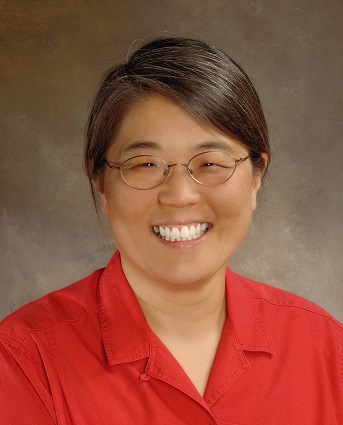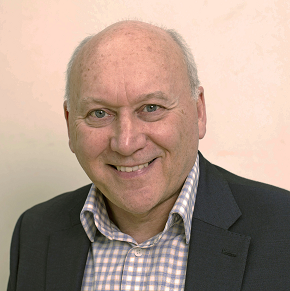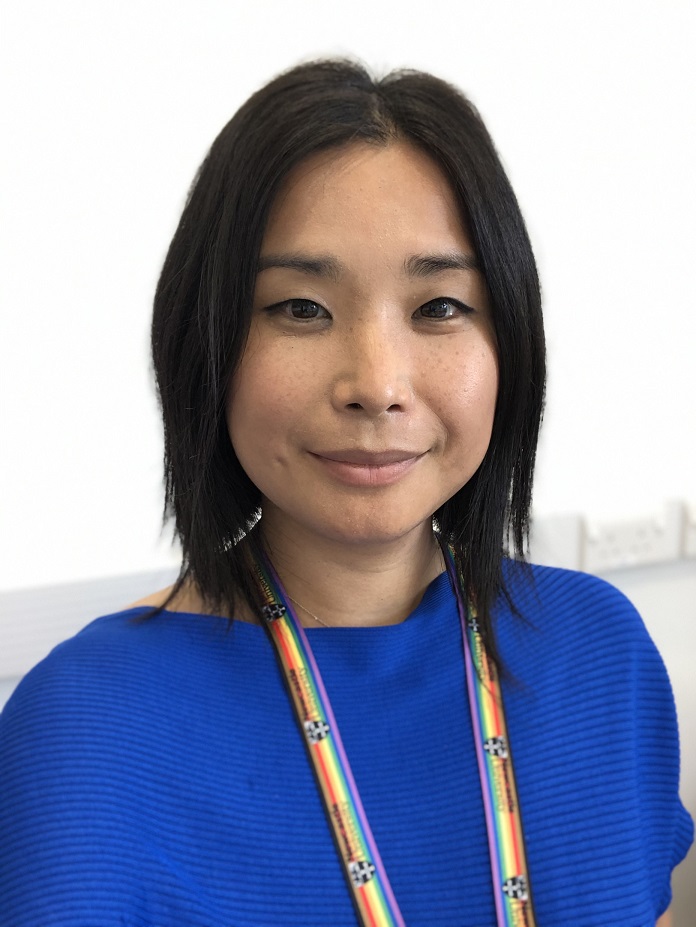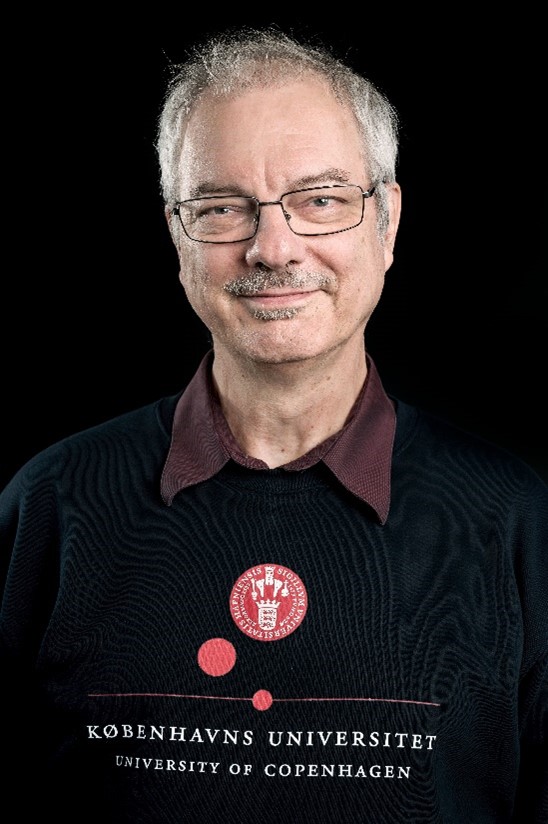 Natalie Ahn, University of Colorado Boulder, United States
Natalie Ahn, University of Colorado Boulder, United States
Natalie Ahn is Distinguished Professor in the Department of Biochemistry, University of Colorado at Boulder. She received her Ph.D. in Chemistry from the University of California, Berkeley, where she studied mechanistic enzymology in the lab of Judith Klinman. She then carried out postdoctoral studies at the University of Washington with Edwin Krebs, where she discovered MAP kinase kinases (aka MKKs or MEKs), key regulators of the mitogen-activated protein (MAP) kinase pathway, which are important targets for anti-cancer therapies. Her laboratory investigates new mechanisms underlying the regulation and function of cell signaling, by integrating biochemical, biophysical, and cellular strategies with biomolecular analysis by mass spectrometry. She elucidated enzymatic and cellular mechanisms underlying cell signaling events and pioneered the use of functional proteomics and hydrogen-deuterium exchange mass spectrometry for signal transduction research. Research projects include identification of cellular targets downstream of oncogenic B-Raf/MAPK pathways in cancer, and biophysical studies combining hydrogen-deuterium exchange mass spectrometry with NMR to investigate how MAP kinases are regulated at the level of conformational mobility and dynamics. Dr. Ahn was appointed as an HHMI Investigator from 1994-2014, has served as President of the American Society of Biochemistry and Molecular Biology and the U.S. Human Proteome Organization, and is a member of the American Association of Arts and Sciences and the National Academy of Sciences.
 Tom Brown, University of Oxford, United Kingdom
Tom Brown, University of Oxford, United Kingdom
Tom Brown is Professor of Nucleic Acid Chemistry at Oxford University. He works on applications of nucleic acids in biology and medicine (diagnostics and therapeutics). He is co-inventor of technologies for genetic analysis and is co-founder of three Biotech companies: Oswel (custom oligonucleotide synthesis) ATDBio (synthesis of modified oligonucleotides) and Primer Design (DNA-based diagnostics). His current interests are in the areas of gene editing, chemical modification of mRNA, and developing new artificial DNA backbones to improve the properties of therapeutic oligonucleotides. He has published over 450 research papers and patents in the nucleic acid field.
Awards include the Royal Society of Chemistry (RSC) Josef Loschmidt prize, the Royal Society of Chemistry prizes for Nucleic Acid Chemistry and for Interdisciplinary Research, and the RSC Khorana Prize for work at the chemistry and life science interface. Tom was Chemistry World entrepreneur of the year in 2014 and BBSRC Innovator of the Year in 2016.
 Akane Kawamura, Newcastle University, United Kingdom
Akane Kawamura, Newcastle University, United Kingdom
Akane is a Professor of Chemical Biology at Newcastle University, and currently holds a joint appointment with the Department of Chemistry at University of Oxford. She is a Director of Oxford-GSK-Crick Chemical Biology Centre for Doctoral Training and Chemistry in Cells Wellcome PhD Program. After obtaining an MChem in Chemistry and a DPhil in Pharmacology from Oxford, she worked in the biotech sector in drug discovery before returning to academia to work with Prof. Chris Schofield FRS at University of Oxford. She was awarded a BHF CRE Senior Fellowship in 2012 and a Royal Society Dorothy Hodgkin Fellowship in 2013, with her inter-disciplinary team working across the Department of Chemistry and Radcliffe Department of Medicine at Oxford. She joined Newcastle University in 2019. Her research focuses on the use of chemical biology approaches, including small molecule and peptide-based probes, to study biomedically important processes such as epigenetics.
 Morten Meldal, University of Copenhagen, Denmark
Morten Meldal, University of Copenhagen, Denmark
Morten Meldal is a Danish chemist and professor at the Department of Chemistry at the University of Copenhagen, Denmark. He was awarded the 2022 Nobel Prize in Chemistry, alongside Barry Sharpless and Carolyn Bartozzi, for the groundbreaking development of ‘Click chemistry and biorthogonal chemistry’. He also received the 2009 American Chemical Society Ralph F. Hirschmann Award in peptide chemistry, as well as the 2011 Vincent du Vigneaud Award of the American Peptide Society.
Meldal obtained his MSc in chemical engineering and PhD, under the supervision of Klaus Bock, from the Technical University of Denmark (DTU). Meldal’s PhD work focused on synthesis of carbohydrates, and after working as a postdoctoral fellow in organic chemistry at Cambridge University, he was professor and manager of a research synthesis group at Carlsberg Research Laboratory. In 2011, Meldal became professor at the Department of Chemistry at University of Copenhagen, where he headed the CECB research center within the field of chemical biology, with focus on peptide and combinatorial chemistry. Meldal co-founded three companies, Combio, Versamatrix, and Betamab Therapeutics ApS, which utilized the SPOCC and CECB platforms in biotechnological and pharmacological research and development.
Throughout Meldal’s career, his research has had innovative influences on methods in peptide and combinatorial chemistry. His involvement in method development of solid-phase and combinatorial peptide synthesis, as well as development of the CuAAc Click reaction, have become mainstream methods for application in bioorganic and organic synthesis.
 Steven D. Townsend, Vanderbilt University, United States
Steven D. Townsend, Vanderbilt University, United States
Steve was born and raised in Detroit and completed his undergraduate education at Oakland University in Michigan. After completing PhD studies at Vanderbilt University, Steve completed postdoctoral training in the Danishefsky labs at Memorial Sloan Kettering Cancer Center and Columbia University. Since 2014, Steve has been on the faculty at Vanderbilt where he is currently Stevenson Professor of Chemistry and Professor of Pathology, Microbiology, and Immunology. His research interest lie in glycobiology and organic synthesis.
 Stephen Wallace, University of Edinburgh, United Kingdom
Stephen Wallace, University of Edinburgh, United Kingdom
Stephen Wallace is Professor of Chemical Biotechnology at the Institute for Quantitative Biology, Biochemistry and Biotechnology in the School of Biological Sciences at the University of Edinburgh. He obtained an MChem in Medicinal and Biological Chemistry from the University of Edinburgh and a DPhil in Organic Chemistry from the University of Oxford. He has held postdoctoral research fellowships at the MRC Laboratory of Molecular Biology, Harvard University, MIT and the University of Cambridge. His research interests span the study and manipulation of microbial chemistry for use in sustainable chemical synthesis.


















